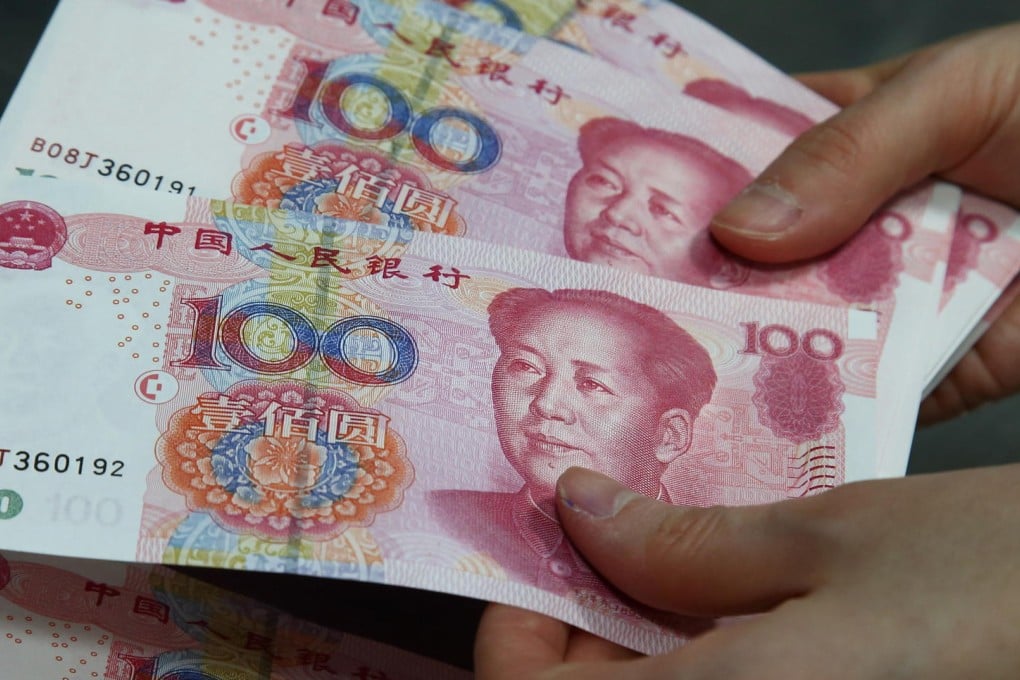New | Beijing expected to ease capital controls under QFII
Institutional investors may soon be allowed to move funds daily in line with other schemes

Hong Kong fund managers and brokers expect Beijing will further relax its capital controls and allow investors under the qualified foreign institutional investor scheme to take capital out every day instead of on a weekly basis.
Hong Kong Investment Funds Association chairman Bruno Lee Kam-wing said on Wednesday the fund industry had learned that the State Council was reviewing the change and expected it would happen soon.
"This is definitely good news for the Hong Kong and international fund industry because the current weekly repatriation is too restrictive," Lee said.
He said the rule was set in such a way because when Beijing launched QFII in 2002 it was the first scheme to allow foreign investors to invest in the mainland Chinese stock and bond markets.
"Back then, Beijing wanted the fund managers to invest for the long term and did not want them to take money in and out too soon," he said.
But the rule now looked outdated following the 2011 launch of the renminbi qualified foreign institutional investor scheme, which allowed daily fund flows, while the Shanghai-Hong Kong Stock Connect in November last year allowed investors to conduct cross-border trading each day.
"The change will make QFII in line with other cross-border schemes," Lee said.